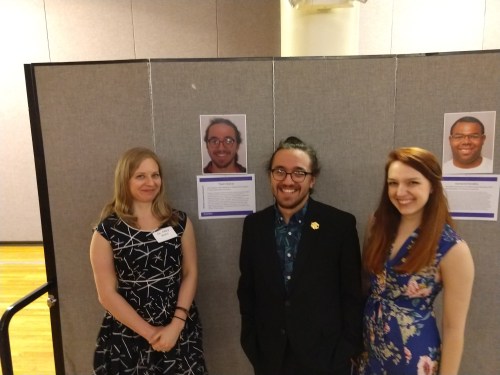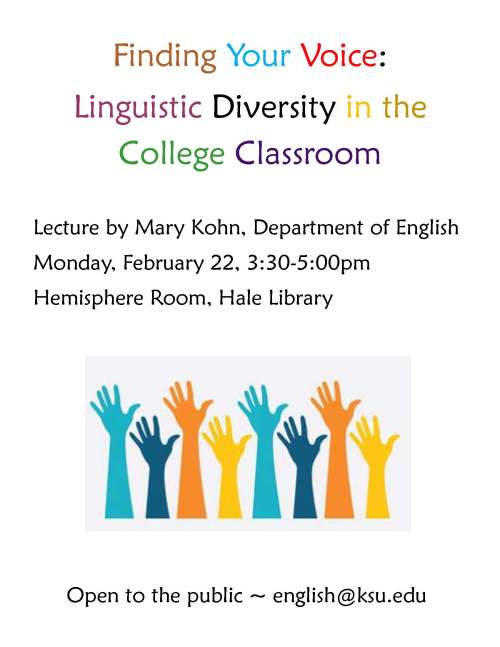Kaiya Thompson is joining us from the summer to investigate African American history in the Free State! Read more about our newest member of Kansas Speaks here!
In an almost forgotten chapter of African American history, African Americans sought opportunities denied to them in the post-reconstruction South by migrating to Kansas in the late 19th century, predating the Great Migration. Exoduster settlers, as these migrants were called, found more opportunities in Kansas, occasionally owning land and attending integrated schools, but still adversity within these rural classrooms and communities (Painter 1992). As representatives of African American settlement on the Great Plains, these speakers offer insight into how AAL developed and adapted in new communities during initial phases of migration out of the post-Reconstruction South. Kaiya and I will be working together to identify resources documenting the Exoduster experience, as well as the experience of their descendants in Kansas. Lynsey Akin has already started work examining oral histories from Wabaunsee County and will be continuing to work on this project in the fall!
Picture from: https://www.kshs.org/kansapedia/exodusters/17162





 Flyer for Mary Kohn Lecture
Flyer for Mary Kohn Lecture
